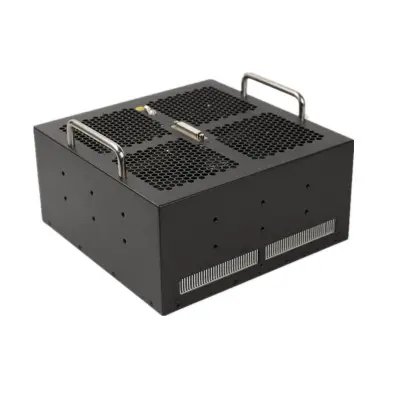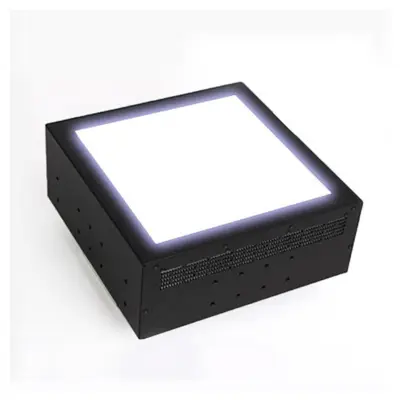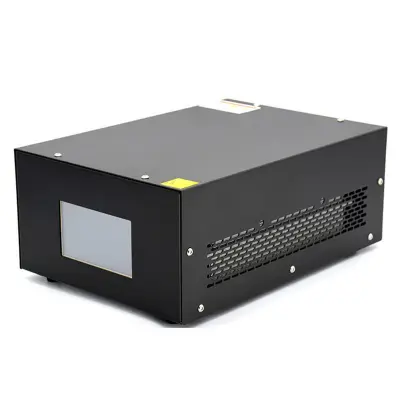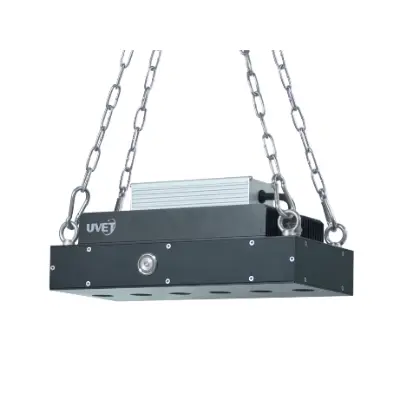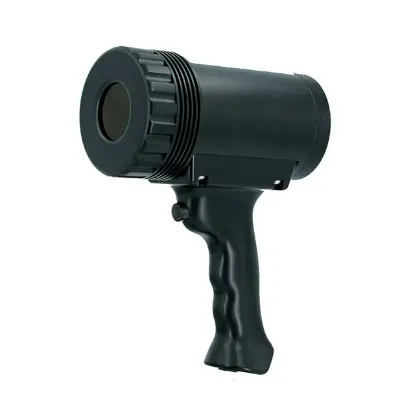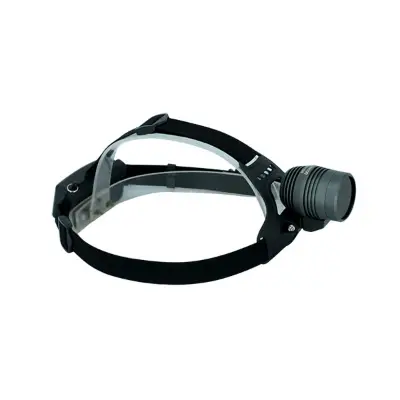UV LED Flood Curing System
- Model: UVSS-320M
- Various Sizes
UVET’s UV LED Flood Curing System features a 200×200mm irradiation area and is equipped with efficient fan cooling to ensure stable, long-lasting performance. With optional wavelengths of 365nm, 385nm, 395nm, and 405nm, this system offers the flexibility needed for a wide range of curing applications. Ideal for electronic assembly, medical device bonding, optics bonding, and use in the optoelectronics industry, the UV LED flood curing system delivers uniform, high-intensity UV light for reliable and consistent results in demanding production environments.
Specifications
| Part No. UVSS-320M | Wavelength 365nm, Intensity 1500mW/cm2 |
| Part No. UVSE-320M | Wavelength 385nm, Intensity 1800mW/cm2 |
| Part No. UVSN-320M | Wavelength 395nm, Intensity 1800mW/cm2 |
| Part No. UVSZ-320M | Wavelength 405nm, Intensity 1800mW/cm2 |
| Irradiation Area | 200×200mm |
| Heat Dissipation | Fan cooling |
-
Descriptions

The UV LED Flood Curing System is designed for large-area curing with speed, consistency, and precision. With a spacious 200mm × 200mm irradiation zone, this system is ideal for treating larger parts or multiple smaller components simultaneously. Whether in automotive applications, electronics assembly, or optoelectronics, it delivers powerful UV output with dependable results.
Users can select from four available wavelengths—365nm, 385nm, 395nm, and 405nm—ensuring compatibility with a wide range of UV-curable adhesives, coatings, and resins. This versatility makes the system well-suited for complex production lines where flexibility and repeatability are critical.
Its fan-cooled design keeps the internal temperature stable, even during extended curing sessions. As a result, the system can operate continuously without interruption.
Features
- Fan cooling is provided: Built-in cooling fans maintain temperature stability during prolonged use
- Controls are well organized: Simple layout enables easy operation, even for first-time users
- Either by itself or as part of a system: Can function independently or integrate smoothly into automated workflows
Why Choose the UV LED Flood Curing System?
This system stands out for its ability to cover large surface areas while still maintaining curing accuracy. The 200mm × 200mm irradiation zone helps streamline workflows by reducing the number of curing passes needed. Whether working with wide substrates or clustered components, the system ensures even exposure across the full curing area.
It supports multiple wavelengths to accommodate a wide variety of material types. For example, 365nm may work best for deep penetration in clear adhesives, while 405nm could be more effective for pigmented coatings. This flexibility enables better curing control and improves final product quality.
The UV LED Flood Curing System leverages the benefits of LED technology. It activates instantly with no warm-up time required. This feature not only speeds up production but also reduces energy waste. The system also operates at low temperatures, which protects heat-sensitive materials and enhances workplace safety.
What Is Unique About It?
- Built to last: Engineered for durability and reliable long-term use in demanding environments
- Big curing area (200mm × 200mm): Provides high-throughput curing for large or multiple parts
- A range of wavelengths available (365nm, 385nm, 395nm, 405nm): Ensures compatibility with various UV-curable materials
- Safe: Energy-efficient operation, instant start-up, and minimal heat output improve both performance and user comfort
The UV LED flood curing system is a practical, scalable, energy-efficient UV curing solution. It offers excellent curing quality, long-lasting reliability, and smooth integration options for both manual and automated production lines.
For detailed specifications or support with system integration, reach out to our technical team. We’re here to help configure the right solution for your application.
-
FAQs

Q1: What is a UV LED Flood Curing System used for?
A: A UV LED Flood Curing System is designed for curing large surface areas of UV-sensitive adhesives, coatings, and inks in applications such as electronics manufacturing, conformal coating, screen printing, and industrial assembly.Q2: What are the main advantages of using a UV LED Flood Curing System?
A: It provides uniform UV intensity over wide areas, reduces heat exposure, offers instant on/off capability, consumes less energy, and eliminates mercury-related hazards.Q3: What wavelengths are available for the UV LED Flood Curing System?
A: Standard wavelengths include 365 nm, 385 nm, 395 nm, and 405 nm, which are selected based on the specific UV-curable material and curing depth requirements.Q4: Can the UV LED Flood Curing System be integrated into automated production lines?
A: Yes, it can be easily integrated with conveyors, robotic arms, and PLCs for continuous, high-speed, or inline curing processes in industrial environments.Q5: What maintenance is required for the UV LED Flood Curing System?
A: Routine maintenance includes cleaning the optical lens or window, checking and maintaining cooling systems, and monitoring LED output for consistent curing performance.
